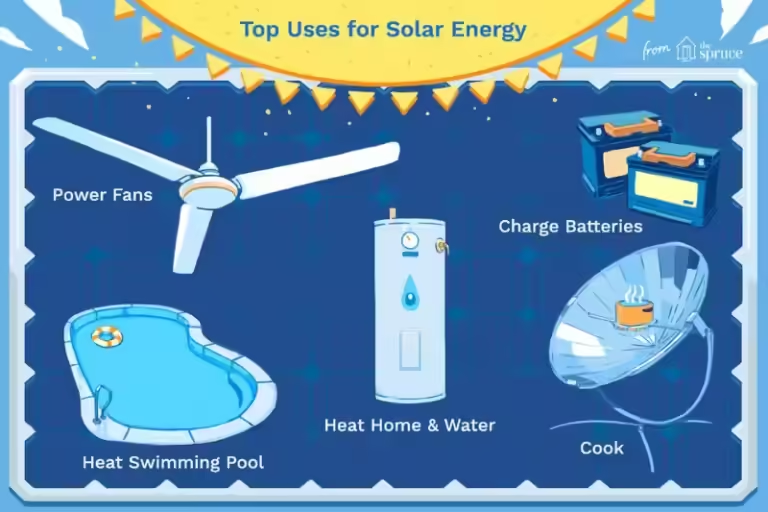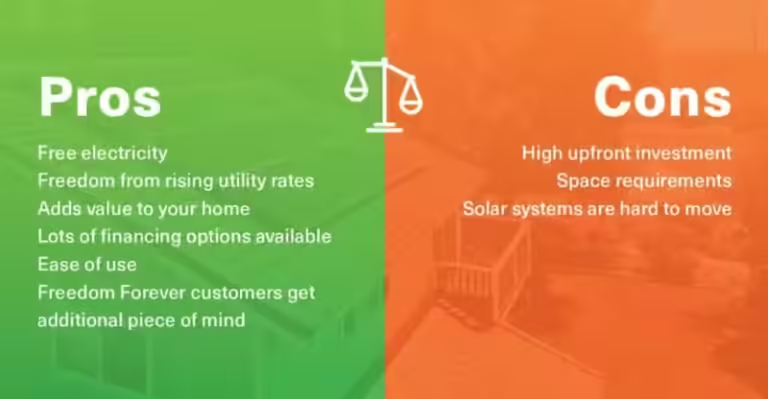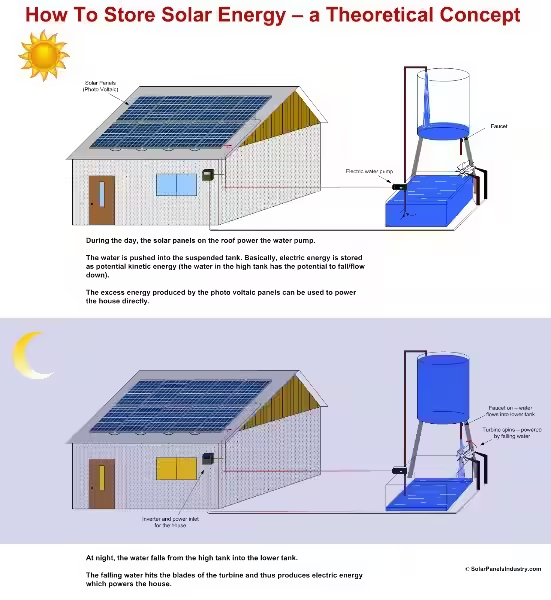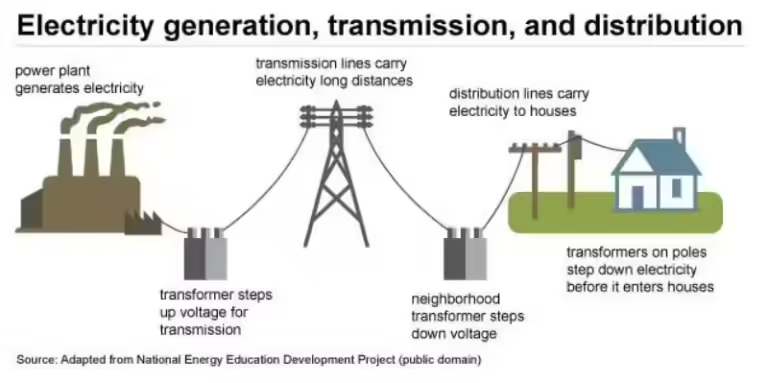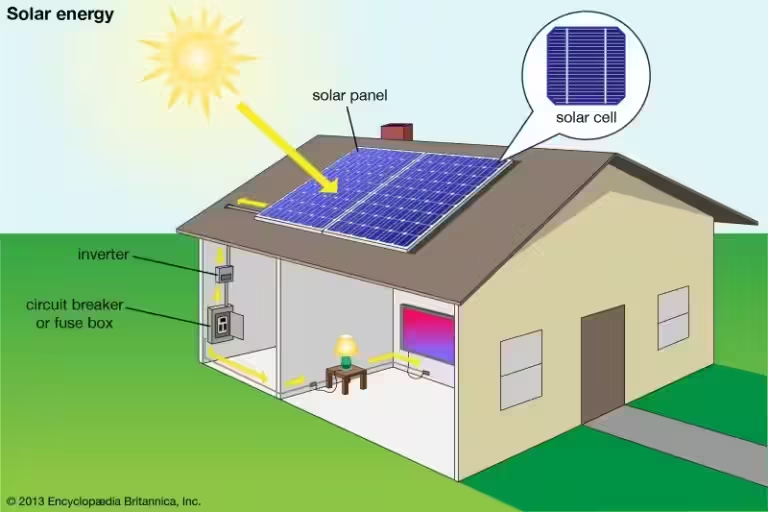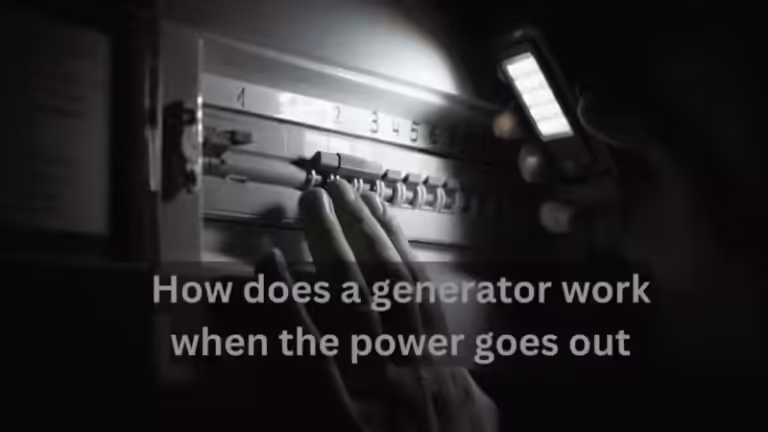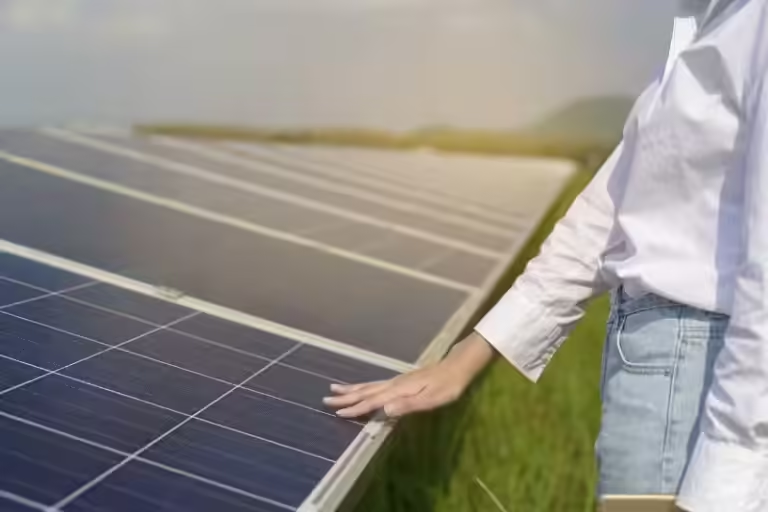Do Solar Panels Work When the Power Goes Out?

The idea of harnessing the sun's energy to power your home is appealing, especially in times of uncertainty like power outages. But the question arises: do solar panels actually provide power when the electricity goes out? The answer is more nuanced than a simple yes or no. It depends on your solar system setup and whether you've invested in additional equipment.
The Role of Grid-Tied Systems
Most residential solar installations are grid-tied, meaning they're connected to the electrical grid. These systems feed excess solar energy back to the grid, potentially earning you credits on your electricity bill. However, a key safety feature of grid-tied systems is that they automatically shut off during a power outage. Imagine a situation where the grid goes down, but your solar panels are still generating electricity. This could create a dangerous situation for utility workers attempting to repair the grid. To prevent this, grid-tied solar systems are designed to disconnect from the grid during outages.
The Importance of Battery Backup Systems
If you want to ensure power during outages, you need a battery backup system. These batteries store excess solar energy generated during the day, providing power to your home when the grid is down. While battery backup systems add cost to your initial solar investment, they offer significant advantages in terms of energy independence and peace of mind.
Types of Battery Backup Systems
There are various types of battery backup systems available, including:
- Lithium-ion batteries: These are the most common type of battery used in solar systems, known for their high energy density and long lifespan.
- Lead-acid batteries: These are less expensive but have a shorter lifespan and lower energy density compared to lithium-ion batteries.
- Flow batteries: These are larger and more expensive than lithium-ion and lead-acid batteries but have a longer lifespan and can store larger amounts of energy.
Factors to Consider When Choosing a Battery System
When choosing a battery system, factors like your energy needs, budget, and desired backup time are crucial. A professional solar installer can help you determine the right size and type of battery for your needs.
Other Options for Power During Outages
Besides battery backup systems, other options can provide power during outages, although they might not be as reliable or environmentally friendly as solar batteries:
1. Backup Generators
These are traditional gasoline or propane-powered generators that provide power during outages. They are relatively inexpensive but require fuel and produce noise and emissions.
2. Solar Generators
These are portable generators that can be charged using solar panels or plugged into an outlet. While they offer some level of solar power backup, they might not provide enough power for entire homes and require additional equipment to charge from solar panels during outages.
3. Special Inverters
Some inverters, often called "off-grid" inverters or "grid-tied inverters with backup," can disconnect from the grid during outages and provide limited power from your solar panels. This power is only available while the sun is shining and has limited output. However, they offer a basic level of backup power without the cost of a battery system.
Conclusion: Solar Power and Energy Independence
While solar panels alone won't keep your lights on during a power outage, they can be a valuable part of a comprehensive energy independence strategy. By investing in battery backup systems or considering other options, you can ensure power during outages and enjoy the benefits of clean, renewable energy.
Consult with a reputable solar installer to discuss your specific needs and budget and determine the best solution for your home.
Frequently Asked Questions
Do solar panels work when the power goes out?
Solar panels continue to generate electricity during power outages, but they typically don't power your home unless you have a battery backup system.
Why don't my solar panels power my home during a blackout?
Grid-tied solar systems are required to disconnect from the grid for safety reasons during outages. This protects utility workers and prevents the flow of electricity back onto the grid.
What can I do to have power during a blackout with solar panels?
You can install a solar battery, special inverter, or a backup generator to ensure power during outages.
Are solar batteries expensive?
Yes, they add upfront cost but provide long-term savings by reducing reliance on the grid.
What are the advantages and disadvantages of each backup system?
Solar batteries are the most reliable and can power your home for extended periods, but they are expensive. Special inverters are less expensive but have limited power output and only work during daylight hours. Generators are the cheapest option, but they require fuel and can be noisy and polluting.
Do solar panels work even when it's cloudy?
Yes, solar panels still generate some power in cloudy conditions, though it's less than on a sunny day.

